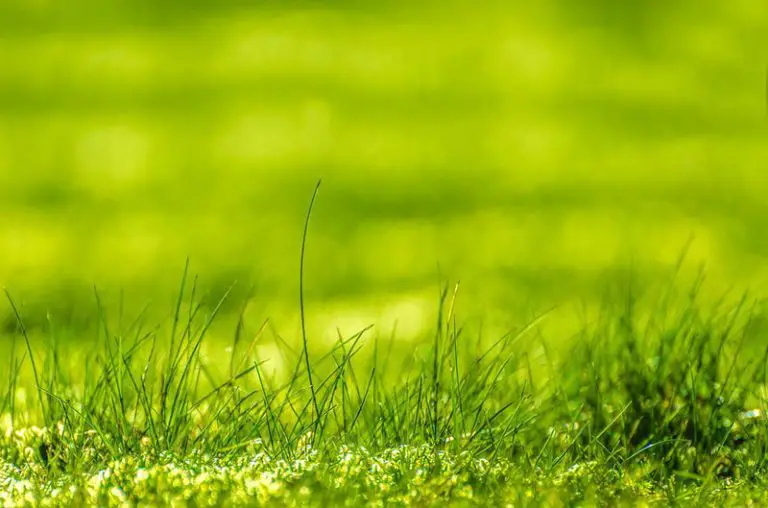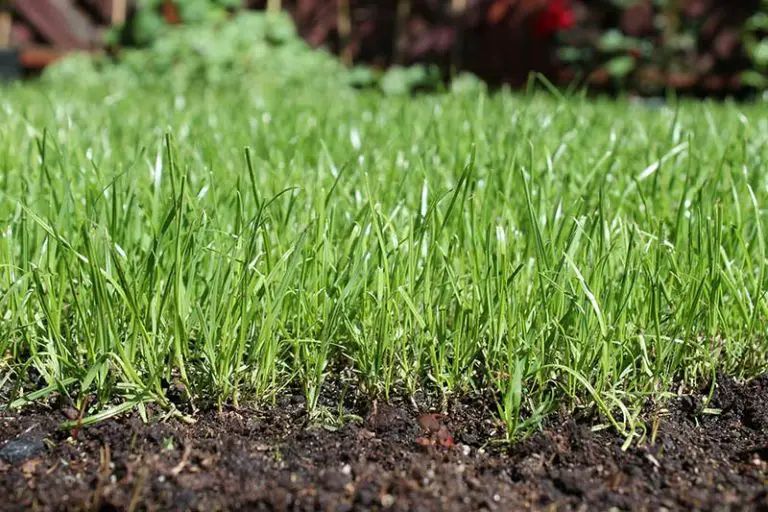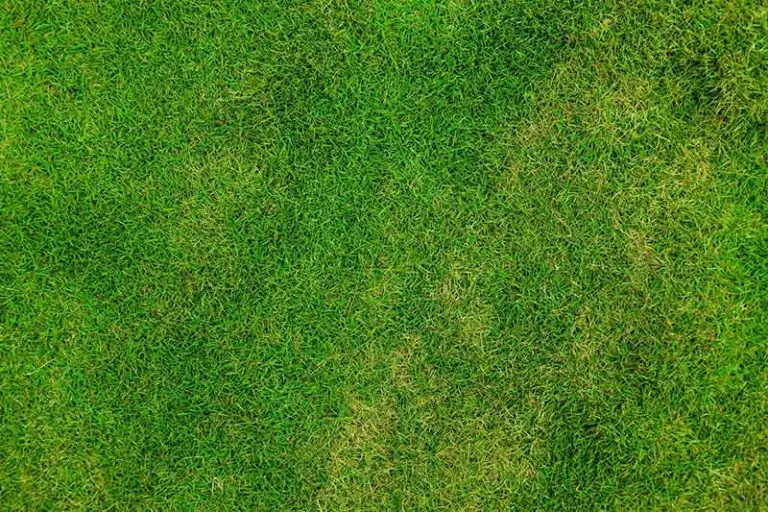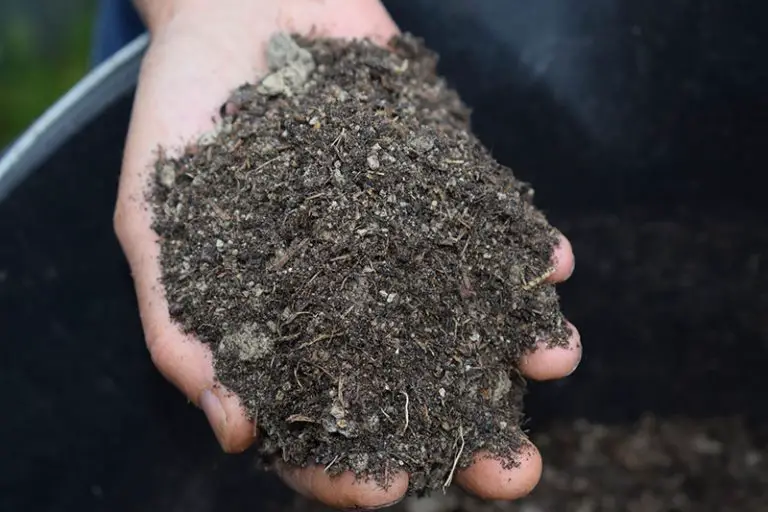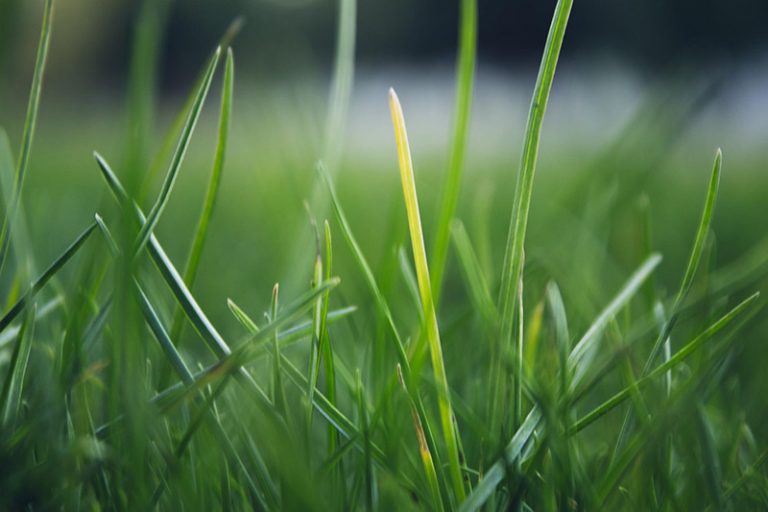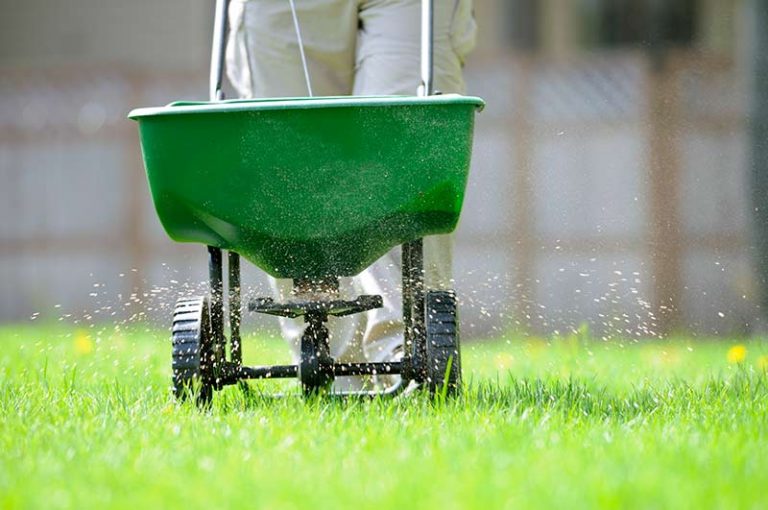Does Fertilizer Go Bad or Expire?
When we think about things going bad or expiring around the house, our focus is typically on the items in our kitchen. Sure, it’s important to keep track of expiration dates on our food. But let’s not forget about the supplies we keep in our sheds or garages, like our fertilizer. Have you ever checked if your fertilizer has gone bad or expired?
Yes, fertilizer can go bad and expire. The shelf life of your fertilizer will depend on the type that you use. For instance, dry fertilizer can last practically forever, but some liquid fertilizers can only last a few years. Manufactured fertilizers have expiration dates on the packaging for much easier reference. Don’t worry, though; expired fertilizers aren’t poisonous or damaging. They’re just less effective.
So, if you’ve ever asked yourself or anyone else, ‘Does fertilizer go bad or expire?’, then keep on reading! You’ll learn everything you need to know by the end of this article.
What Happens When Fertilizer Goes Bad Or Expires?
Before we dive any deeper into this topic, let’s clarify one crucial point. What does it mean someone says that their fertilizer has gone bad or expired? Does it mean that the fertilizer has become dangerous, damaging, or even poisonous to plant life?
Absolutely not! ‘Going bad’ or ‘expiring’ for fertilizers doesn’t mean the same thing as when we eat expired food.
Instead, it means maximising that bad or expired fertilizer won’t be as effective when used on your lawn or plants. That’s because the fertilizer’s contents have degraded to such a point that they’re not capable of offering any benefit to the plants.
So, don’t worry too much about accidentally using bad or expired fertilizer. You’re not doing anything to hurt your plants!
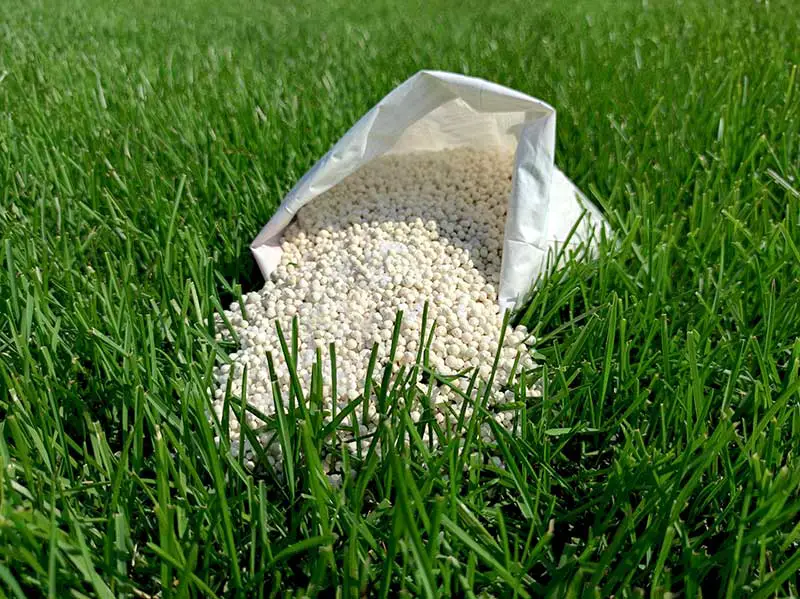
How Long Do Different Types Of Fertilizers Last?
If you’re curious to know whether or not your fertilizer is still good to use, you can start by checking the packaging. Manufactured fertilizers should have an expiration date printed clearly on the packaging.
Still, no matter what brand of fertilizer you’ve bought, they’ll have a different shelf life based on the type of fertilizer that it is. Let’s take a closer look at how long you can expect fertilizers to last, whether they’re dry, liquid, or those that have herbicides included in them.
Dry Fertilizer
Let’s start with dry fertilizers. Here, we’re talking about fertilizers made from natural materials like manure or compost which contain essential nutrients for the soil. Those nutrients include the likes of nitrogen, phosphorus, and many more.
Because dry fertilizer is all-natural and free from almost any moisture, they tend to have an indefinite shelf life. That’s because its contents are stable and won’t degrade over time.
Even though you won’t have to worry about these products expiring, it’s still a good idea to store dry fertilizer properly in such a way that it can stay dry until you need to use it.
Liquid Fertilizer
Liquid fertilizers, on the other hand, do go bad at some point. The liquid fertilizer that you buy will have a limited shelf life, though the exact limits depend on whether it’s a liquid mineral fertilizer or an organic one.
Let’s take a closer look at the differences between these two.
Liquid Organic Fertilizers
Liquid organic fertilizers are called that because they contain some kind of organic matter that’s dissolved into it. That dissolved matter has a significant influence on the fertilizer’s shelf life, as different organic matters degrade at a different rate.
Seeing as how the fertilizer’s shelf life will differ based on its contents and the manufacturer that it comes from, it’s always best to refer to the expiration date as determined by the manufacturer. You’ll usually find this printed on the fertilizer’s packaging, though you could also contact the manufacturer to find out more.
Liquid Mineral Fertilizers
With liquid mineral fertilizers, however, you don’t have to worry too much. These can usually last up to 10 years, as the minerals diluted in the fertilizer take a very long time to go bad or expire.
Fertilizer With Herbicides
No matter what type of fertilizer you have, its shelf life will be impacted greatly if it contains herbicides or pesticides. Simply put, the shelf life of the fertilizer will depend on the expiration date of the herbicides, pesticides, or any other chemicals added to the mix.
We know that’s not particularly helpful. Unfortunately, you’ll need to refer to the manufacturer’s expiration date to know when this kind of fertilizer will start to go bad.
How To Maximize Fertilizer Shelf-life
Sure, some fertilizers can last for many years before going bad. Still, it’s an excellent idea for you to take some precautionary steps to ensure that you maximize the fertilizer’s shelf life. To do that, you need to protect your fertilizer from extreme temperatures and excess moisture. Besides that, you should be mindful of its packaging and where you’ve decided to store it.
Protect From Extreme Temperatures
Fertilizer is always best stored in a shaded area with reasonable temperatures. Extreme heat and direct sunlight could cause the ingredients in fertilizers to break down faster than they normally would otherwise.
Still, freezing temperatures can also be problematic, especially with liquid fertilizers. Those types of fertilizers could freeze over and become very difficult to use when you need it the most.
Protect From Excess Moisture
Excess moisture and humidity is also something that must be kept away from your fertilizer. That’s because fertilizers will absorb moisture from the air. Over time, that will lead to clumping, which will make it difficult for you to spread the fertilizer out when applying it to your lawn.
Proper Packaging
Protecting your fertilizer from extreme temperatures and excess moisture isn’t all that difficult. For starters, you must make sure that the fertilizer is still packaged correctly. Once in a while, check your fertilizer bags or bottles for any leaks.
If you find any, be sure to transfer the fertilizer to a new container immediately.
Storage Location
Besides packaging, being mindful of where you store your fertilizer can also go a long way towards maximizing its shelf-life. Fertilizer is best stored in dry and shaded areas at reasonable temperatures. Your garage or shed are good places to use, as is your basement (if the humidity down there is controlled).
Are you wondering whether that old bag of grass seed sitting in your shed has expired too? See our article Does Grass Seed Go Bad for the answer.

